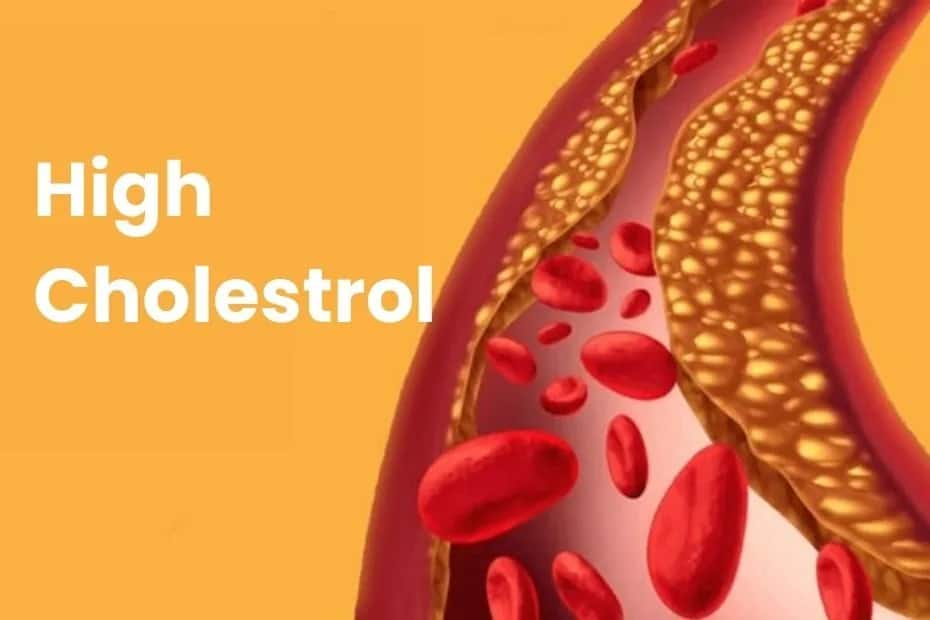Air pollution is often discussed in the context of lung problems, allergies, or respiratory diseases. However, growing scientific evidence suggests that it might also be quietly affecting another part of your health: your cholesterol levels. Cholesterol is a type of fat found in the blood that plays a vital role in building cells and producing hormones. But when its levels become imbalanced, especially when low-density lipoprotein (LDL) cholesterol is too high, it can contribute to serious heart problems. Recent studies indicate that exposure to polluted air could be influencing these cholesterol imbalances, thereby increasing the risk of cardiovascular diseases.
Understanding Cholesterol and Its Role in the Body
Before diving into how air pollution can impact cholesterol, it’s important to understand what cholesterol does. Cholesterol comes in two main types:
- LDL (Low-Density Lipoprotein) – often called “bad” cholesterol because high levels can lead to plaque buildup in arteries.
- HDL (High-Density Lipoprotein) – often called “good” cholesterol because it helps remove excess cholesterol from the bloodstream.
An ideal balance between LDL and HDL is crucial for heart health. Unfortunately, many environmental and lifestyle factors, such as diet, exercise, and now potentially air quality, can disrupt this balance.
The Link Between Air Pollution and Heart Health
Air pollution is a mix of harmful substances, including particulate matter (PM), nitrogen dioxide (NO₂), sulfur dioxide (SO₂), ozone (O₃), and carbon monoxide (CO). The most harmful for cardiovascular health is fine particulate matter (PM2.5), tiny particles less than 2.5 micrometers in diameter that can enter the bloodstream through the lungs. Once in the blood, these particles trigger inflammation and oxidative stress, both of which have been linked to heart disease.
Over the past decade, researchers have found that people living in areas with high air pollution tend to have a greater risk of high cholesterol, high blood pressure, and heart attacks. This correlation has prompted more studies into how exactly polluted air affects lipid metabolism.
How Air Pollution May Influence Cholesterol Levels
The exact mechanisms are still being studied, but several theories explain how air pollution could raise cholesterol:
- Oxidative Stress – Pollutants generate free radicals in the body, which can damage cells and lipids, including cholesterol. Oxidized LDL cholesterol is more likely to contribute to plaque buildup in arteries.
- Inflammation – Airborne particles can trigger chronic, low-grade inflammation in the body. Inflammation can alter how the liver processes fats, leading to increased LDL production and decreased HDL levels.
- Hormonal Disruption – Pollution exposure may interfere with hormone regulation, including those controlling lipid metabolism. This imbalance can result in higher cholesterol levels.
- Indirect Lifestyle Factors – People in polluted areas may spend less time outdoors being physically active, which can also contribute to poor cholesterol profiles.
Scientific Evidence Supporting the Connection
Multiple studies support the idea that air pollution can negatively impact cholesterol levels. A 2019 study published in the journal Environmental Health Perspectives found that long-term exposure to PM2.5 was associated with higher total cholesterol, LDL cholesterol, and triglycerides, along with lower HDL cholesterol. Another study in The Lancet Planetary Health highlighted that people in high-pollution areas had a significantly higher risk of developing metabolic syndrome, a group of conditions that includes high cholesterol.
Animal studies have also provided strong evidence. Mice exposed to polluted air developed higher cholesterol levels and more arterial plaque compared to those breathing cleaner air. These findings suggest that the impact of air pollution on cholesterol is not just coincidental but may be a direct biological response.
Who Is Most at Risk?
While anyone can be affected, certain groups are more vulnerable to the cholesterol-raising effects of air pollution:
- Older adults – Aging naturally increases cholesterol levels, and pollution can compound the risk.
- People with existing heart conditions – Pre-existing cardiovascular disease can worsen with added environmental stress.
- Urban residents – Cities with heavy traffic and industrial emissions tend to have higher levels of pollutants.
- Individuals with poor diet or sedentary lifestyles – Lifestyle risk factors can amplify pollution’s harmful effects.
Preventive Measures to Protect Your Heart
While completely avoiding air pollution is impossible for most people, there are ways to reduce exposure and protect heart health:
- Monitor Air Quality – Use apps or websites to track local air pollution levels and limit outdoor activities when pollution is high.
- Invest in Air Purifiers – High-efficiency particulate air (HEPA) filters can help reduce indoor pollutants.
- Maintain a Heart-Healthy Diet – Include foods rich in antioxidants, such as fruits, vegetables, nuts, and whole grains, to combat oxidative stress.
- Exercise Indoors on Polluted Days – Physical activity helps improve cholesterol balance, but should be done in clean air.
- Regular Health Checkups – Regular blood tests can help monitor cholesterol levels and detect changes early.
The Bigger Picture: Public Health and Policy
Individual steps are important, but the long-term solution lies in reducing air pollution on a community and global level. Governments and policymakers play a crucial role in enforcing emissions regulations, promoting clean energy, and encouraging sustainable transportation. Public awareness campaigns can also help people understand that air pollution isn’t just about respiratory problems it can have far-reaching effects on cardiovascular and metabolic health.
Secure Your Lipid Profile Test Appointment Now via Instacare
Conclusion
Air pollution is more than an environmental concern; it’s a hidden risk factor for high cholesterol and heart disease. The tiny particles we inhale daily can disrupt our body’s delicate balance of lipids, increasing the likelihood of cardiovascular problems. Understanding this link allows both individuals and communities to take preventive measures, from personal lifestyle changes to advocating for cleaner air policies. By addressing air pollution, we not only improve the quality of the air we breathe but also safeguard our heart health for the future.


